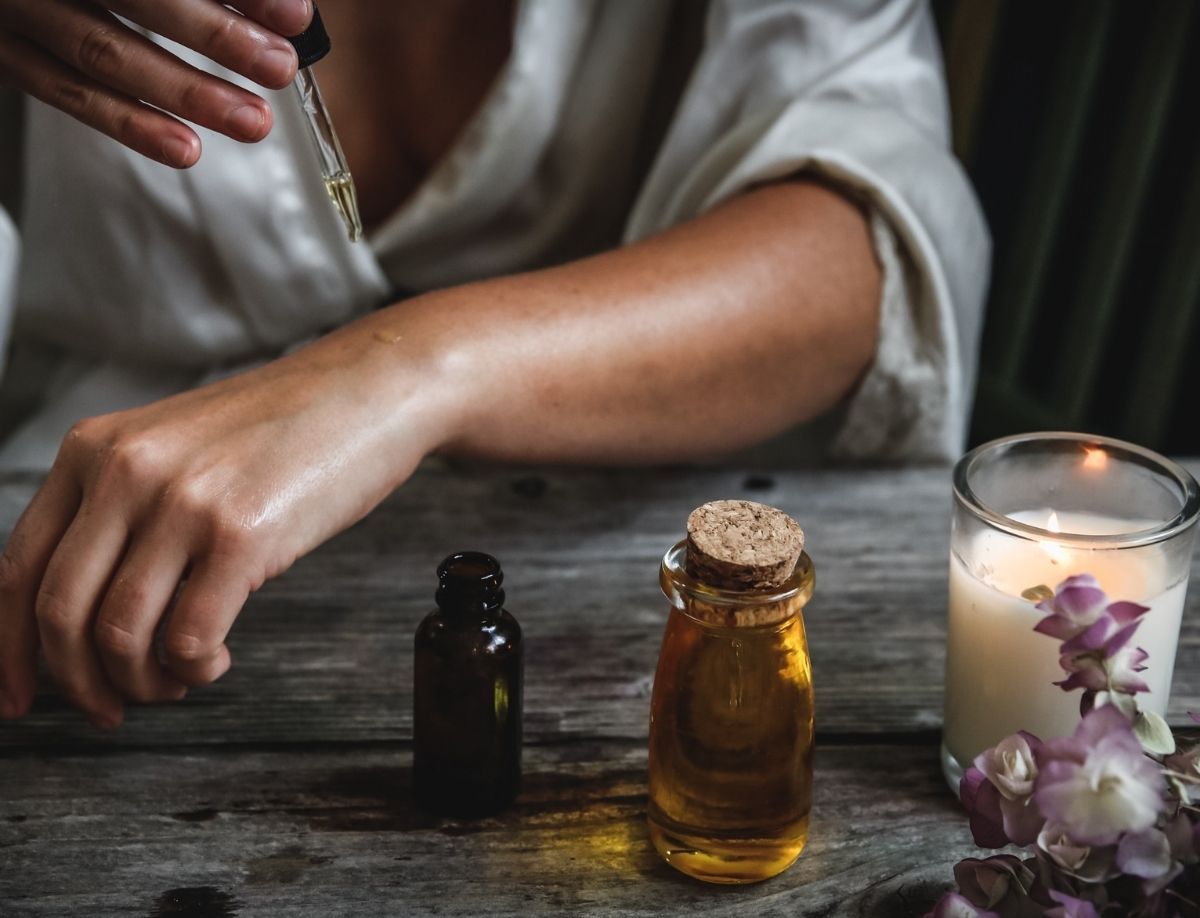Ingredient Highlight: Enzymes
Richard Block
Nov 19, 2021 · 3 min read
Enzymes are everywhere.
And Cosmetic Creators have learned how they can arrest visible signs of aging and help reverse skin damage.
Enzymes are catalysts for chemical reactions inside cells. There are many different kinds of enzymes, each of which acts on a different reaction and has its own name. They’re divided into six groups, called EC numbers, which describe the specific chemical functions they have.
Enzymes used in skincare products are often derived from fruit. There are too many enzymes to list here; two very popular examples, coenzyme Q10 and superoxide dismutase (SOD), are found in many anti-aging skincare products.
Skincare products’ enzymes work in two main ways: as exfoliants and as anti-inflammatory agents. Let’s take a look at what that means and why it is important.
Exfoliant Properties
Enzymes in skincare products break down keratin protein in the upper layer of the skin. The keratin holds dead skin cells together, so when those bonds are broken, the dead skin can be cleaned away. The process of clearing dead skin cells off the surface of skin is called exfoliation.
When you exfoliate, you reveal the freshly renewed skin cells beneath the surface layer. This can improve the youthful, glowing appearance of healthy skin. So enzymes used in skin care are often said to have anti-aging qualities.
 Photo by Chelsea shapouri
Photo by Chelsea shapouri
Anti-Inflammatory Properties
We are constantly exposed to sunlight and pollution, and they can damage skin. So can alcohol, overeating, poor nutrition, and stress, but UV light—like that found in sunlight—is responsible for up to 80% of extrinsic skin damage (that is, skin damage caused by things outside the body itself).
One of the ways these things damage skin is by generating molecules called free radicals. Free radicals are unstable, and they can build up in cells and damage other molecules, like DNA, lipids (fats), and proteins, potentially increasing the risk of diseases including cancer.
Free radicals occur naturally, but we try to control them as much as possible. One way to do this is by using substances called free radical scavengers. (Antioxidants, which are advertised as being in a huge variety of foods and products, are one kind of free radical scavenger.)
Some enzymes, including ones found naturally in skin, act as free radical scavengers. This means that they help prevent free radicals from damaging the molecules that are supposed to be in the skin. This reduces inflammation, leading to healthier skin.
Why Enzymes?
Enzymes aren’t the only substances that can achieve these things. Certain acids are commonly used as exfoliants, for example. But enzymes are often seen as milder, and they may be tolerated better by people who find acids too harsh. This includes pregnant women and those with sensitive skin.
There are a couple of drawbacks, though. Enzymes aren’t as strong as acids for exfoliating, so there are some people who need to stick with the acids.
Also, enzymes are pretty fragile. If you don’t store them in a cool, dark place, and make sure the packaging is sealed, they could get contaminated or damaged, making them inactive—and it’s difficult for a consumer to tell whether they’ve lost their potency or not.
That said, enzymes are a popular tool in the cosmetic creation toolbox. With our Product Builder and by connecting you with expert formulators and other consultants, Goldn can help you find ways to incorporate them into your next great cosmetic innovation. Sign up now!
Written by
Richard Block
Richard Block is an editorial jack-of-all-trades at Goldn
Connect with Richard Block on LinkedIn.
It’s no secret that technology is revolutionizing the way the cosmetic and personal care industry operates, from product development to distribution. Here are a few key ways in which digital innovation is disrupting the cosmetic supply chain and product innovation
Jan 20, 2023 · 4 min read
Sharp, passionate and effortlessly elegant, Elunra Ashimova shares the founding story of Re:love Cosmetics, the challenges as a ‘challenger brand’ in product development and her unwavering appetite for a seismic—and sustainable—shift in the industry.
May 19, 2022 · 5 min read
Goldn partners with major player in formulation intelligence to better serve growing number of beauty brands & cosmetic product developers
May 18, 2022 · 2 min read